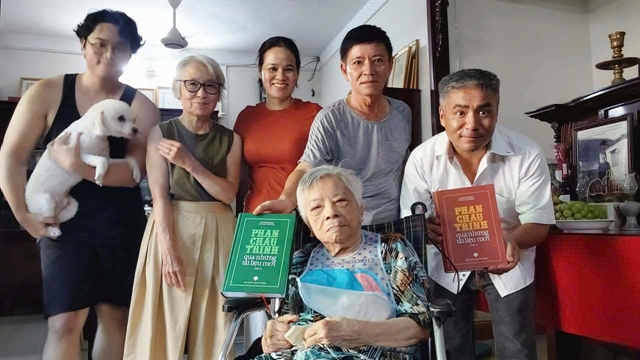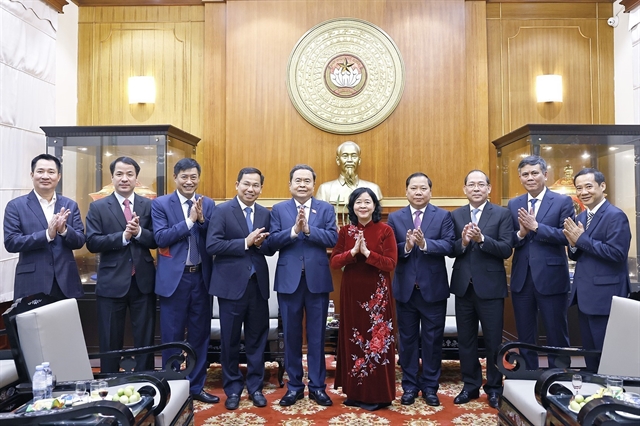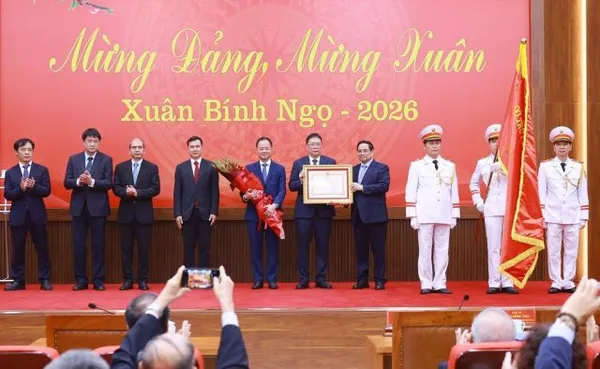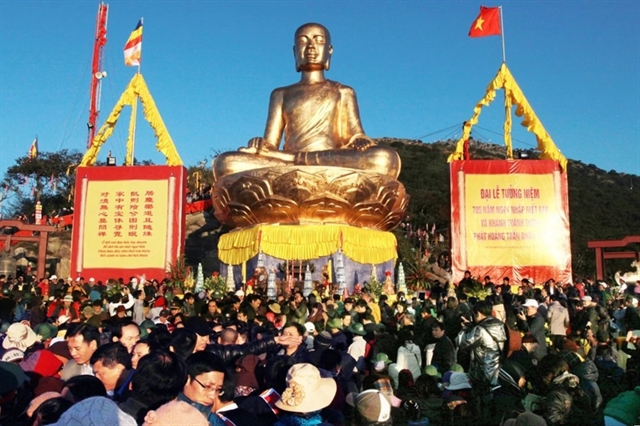 Life & Style
Life & Style

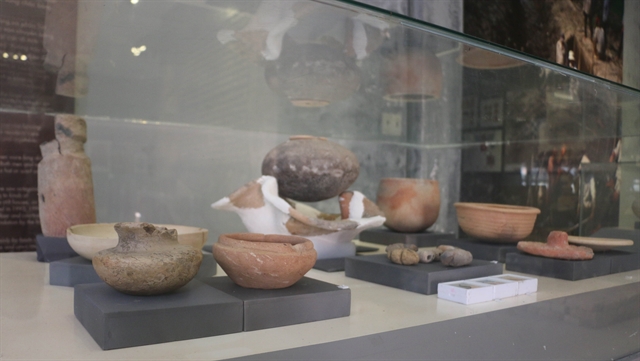 |
| ANCIENTS RELICS: Artefacts and antiques from Óc Eo Culture are displayed at the exhibition hall of the Óc Eo Cultural Relics Management Board in An Giang Province. — VNA/VNS Photo Công Mạo |
AN GIANG — Vietnamese and South Korean archaeologists are working on an excavation project at the Gò Danh Sang relic site in the Cửu Long Delta province of An Giang to explore more discoveries of Óc Eo culture.
The site is part of the Óc Eo - Ba Thê archaeological site in the town of Óc Eo, Thoại Sơn District.
It covers an area of 300 square metres, consisting of three holes.
The program is part of a joint research cooperation project of the province’s Óc Eo Cultural Relics Management Board with Korean scientific organisations to identify the role of inhabitants in the lower basin of the Mekong River and the southern part of Korean Peninsula to ancient maritime trade routes.
The excavation is carried out by archaeologists and researchers from the management board, the HCM City University of Social Sciences and Humanities (USSH), and the Daehan Institute of Cultural Properties and the Joseon Institute of Cultural Properties from South Korea.
Nguyễn Hữu Giềng, director of the management board, said, “the archaeological excavation aims to explore more about the Gò Danh Sang relic site, as well as the distribution, characteristics and life of Óc Eo inhabitants in the Southeastern part of the foothills of Ba Thê mountain. It will help evaluate the status and role of Gò Danh Sang to the Óc Eo - Ba Thê archaeological site.”
He added, “from there, the management board can propose that the government expand the excavation according to the requirements of the International Council on Monuments and Sites (ICOMOS) to complete a scientific dossier seeking UNESCO world heritage recognition for the Óc Eo - Ba Thê.”
Lee Young-Cheol, director of the Daehan Institute of Cultural Properties, emphasized that the Gò Danh Sang relic covered religious issues related to South Korea’s research.
He said the collaboration in the archaeological excavation would contribute to expediting recognition as a World Cultural Heritage for the Óc Eo - Ba Thê archaeological site.
The archaeological excavation of Gò Danh Sang relic will last until January 24.
All funding for the work and scientific research is sponsored by South Korean scientific organisations.
The management board is responsible for preserving and protecting all discoveries, and working with the USSH on scientific research at the excavation.
The discoveries and research from the site will be introduced at international exhibitions and publications to promote Óc Eo culture to the world.
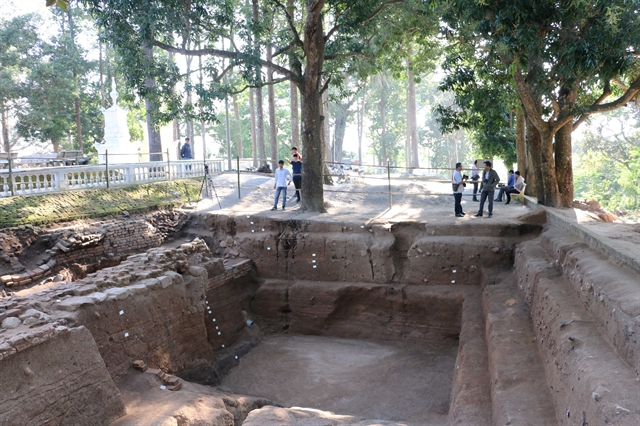 |
| DISCOVERING HISTORY: An excavation site at the Óc Eo - Ba Thê archaeological site in the town of Óc Eo, Thoại Sơn District. — VNA/VNS Photo Công Mạo |
The Óc Eo culture of the ancient kingdom of Phù Nam was first discovered in 1944 via artefacts discovered within Ba Thê Mountain, now the town of Óc Eo.
As of now, there are more than 80 Óc Eo cultural archaeological relics found across An Giang located in Tri Tôn and Tịnh Biên districts and several other towns.
Óc Eo - Ba Thê is the most important relic site. It is believed to have been a prosperous commercial port of the once-powerful Phù Nam Kingdom two millennia ago.
The site has a total protected area of 433.2ha which is divided into Zone A on the slopes and foot of Ba Thê mountain, and Zone B in Óc Eo.
It has about 40 cultural relics of various types of architectural relics, religious architecture burial relics, and residence sites.
Some typical monuments that have been excavated and preserved are monuments in the area of Linh Sơn Pagoda, and Gò Cây Me and Gò Cây Thị relic sites.
The archaeological site was recognised as a National Special Heritage by the Ministry of Culture, Sports and Tourism in 2012.
Việt Nam submitted a summary report on the Óc Eo - Ba Thê archaeological site to the UNESCO World Heritage Centre requesting its inclusion on the tentative list of World Heritage Profiles. — VNS

_med.jpg)
